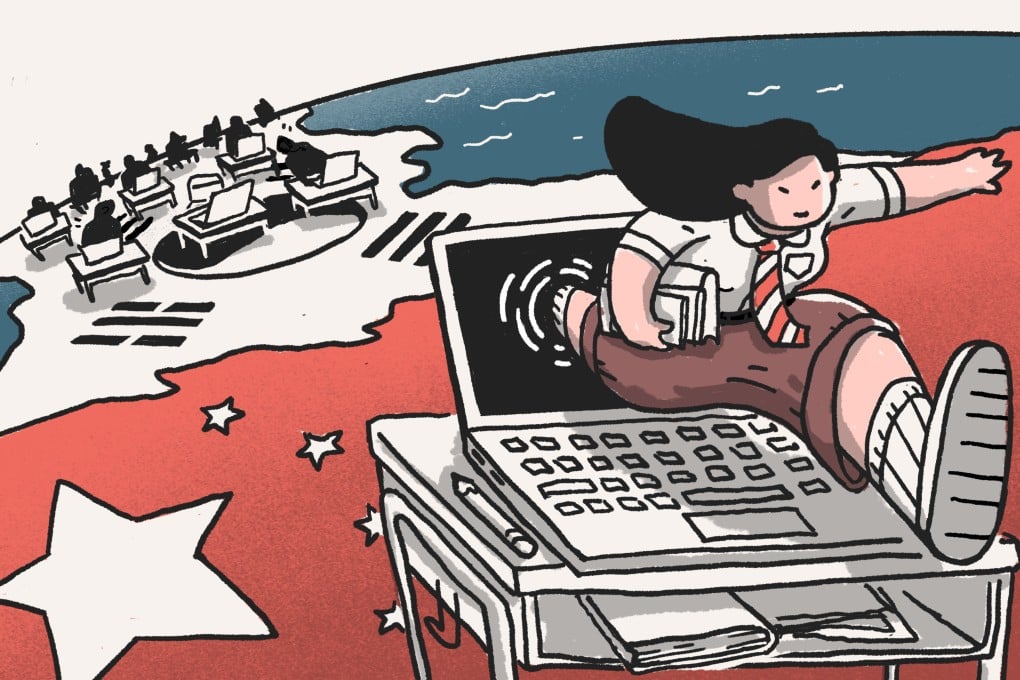China’s South Korean students gradually return to campus as most international students stay away amid Covid-19 pandemic
- ‘Missing out on the college experience’ and other reasons were cited for wanting to return to school in China, but not everyone is willing or able to come back
- Some Chinese universities have asked international students to delay returning as a precaution while coping with return of domestic students from across country

At the height of the pandemic in 2020, Park Kyung-su, a 22-year-old student at China’s Zhejiang University, was considering finishing off her remaining three years of school from her home in South Korea – completely online.
Under this plan, Park would have been able to earn her degree without ever having to return to China, where she had only spent a single semester physically at school.
In December 2019, she returned home to South Korea from Hangzhou for her first winter break, but the rapid emergence of the coronavirus made remote online classes her only option.
When she finally returned to Hangzhou last month, it had been almost two years since she left China. And she is already a junior.
“In the end, I decided to go back to school because one day I suddenly felt like I was missing out on the quintessential college experience,” Park reasoned.
“When I talked to friends who were already in Hangzhou, they told me that their lives had normalised, in terms of living with Covid-19. That’s when I decided that I wanted to go back.”